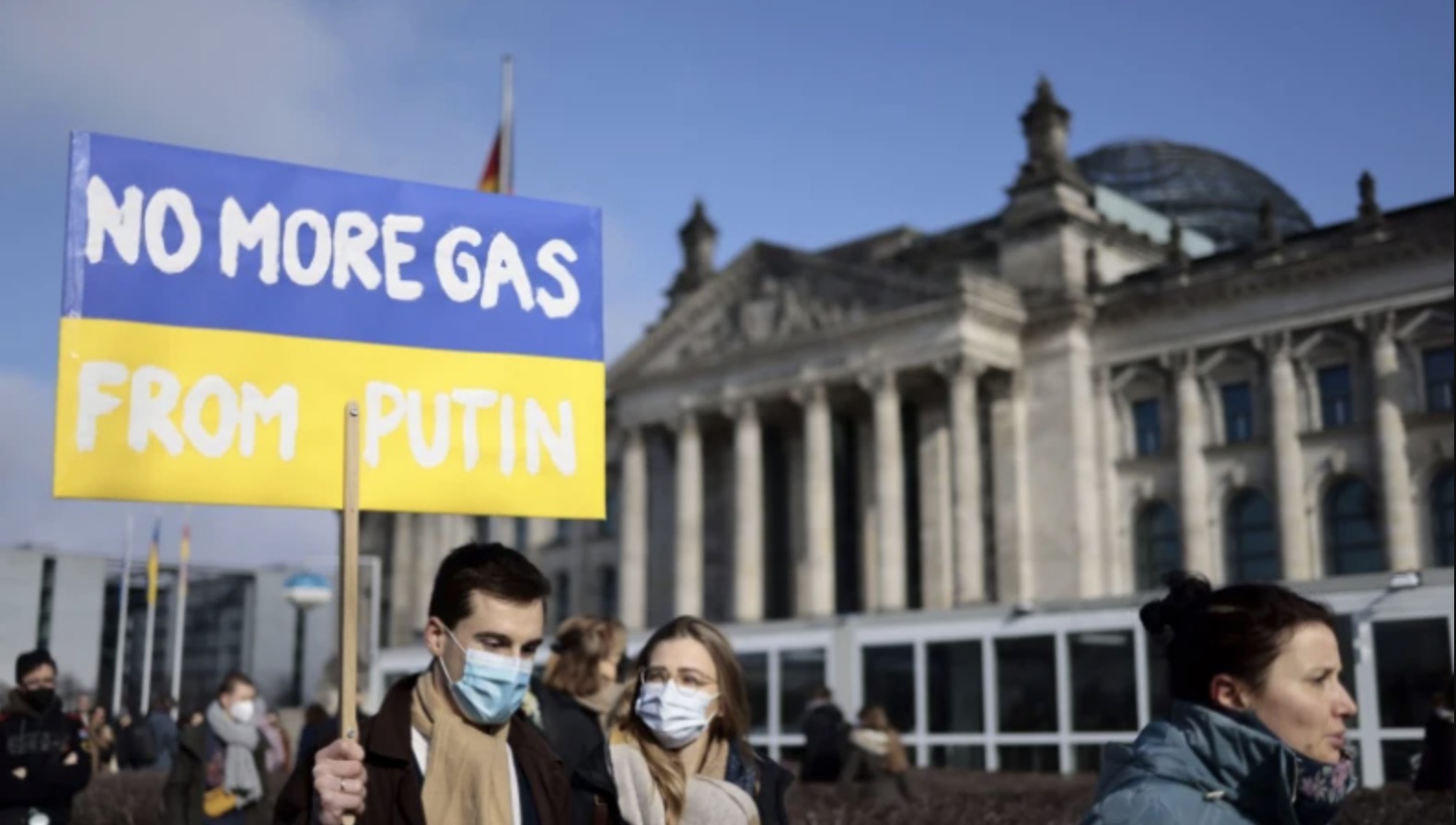As winter approaches, so too do Europe’s energy woes, along with the question of whether the continent has learnt from last year’s crisis. Although the worst fears from last winter did not materialise, it was the second warmest on record. The upcoming months will reveal whether Europe’s energy strategy was a sound one or whether this outcome was pure luck.
This morning, it was reported that planned strikes in Australian liquefied natural gas (LNG) factories caused an 11% surge in European gas prices. Gas reserves in the European Union are at a record 93.5%, but, if events in Australia are any indicator, the continent’s supply rests on a knife-edge.
Australia supplies about 7% of the world’s LNG, and with Russia no longer Europe’s primary supplier any disturbance of global supply immediately causes concern in continental markets. This volatility also benefits Moscow, which is still a supplier of fossil fuels to the EU. Its LNG exports to Europe are up 40% according to a recent study, and Brussels has no plan to immediately stop this intake.
With Russian LNG exports rising by 40% since the war, Moscow is now the second most important LNG supplier with a share of around 20%, second only to the 40% share boasted by the US. Vladimir Putin might be a politically unreliable supplier, but moving LNG from American ports to Europe comes with its own risks.
Most export facilities are located on the Gulf coast, and it would not take much beyond a severe hurricane to put almost half of Europe’s LNG supply into jeopardy. Combine a harsh hurricane season in the Gulf of Mexico with a cold winter in Europe and a strike in Australia — and those 93% full storages will drain much faster than spring can arrive. Observers of the international gas market are aware of these risks, which explains why even a small disruption in Australian supply sends prices up.
Europe’s leaders may hope for last year’s luck, but this approach isn’t sustainable for industries which would have to continue producing in a climate where production costs depend on the whims of dictators, warm winters, a dearth of hurricanes, and Australian worker morale.
The temptation to move energy-intensive industries ever closer to the resource-rich Southern US states will only continue to grow if Europe doesn’t get its act together on energy. Yet this would mean scaling up inner-European energy production, including offshore drilling and lifting fracking bans.
One should not confuse striking lucky once or twice with a sound strategy, but — at the moment — it would appear this is precisely what Europe plans to do.











Join the discussion
Join like minded readers that support our journalism by becoming a paid subscriber
To join the discussion in the comments, become a paid subscriber.
Join like minded readers that support our journalism, read unlimited articles and enjoy other subscriber-only benefits.
Subscribe